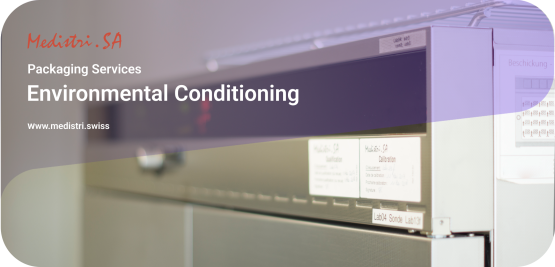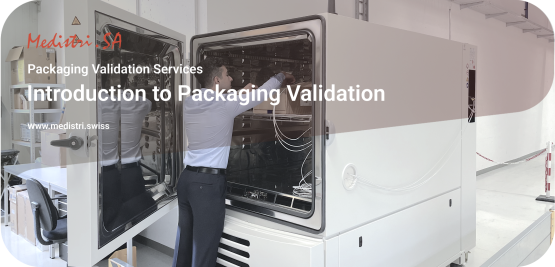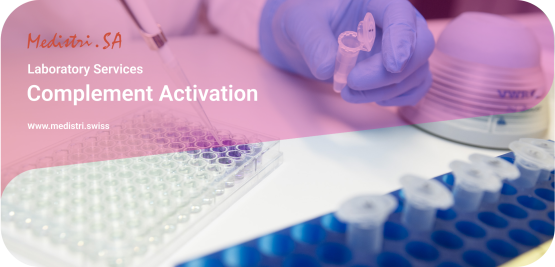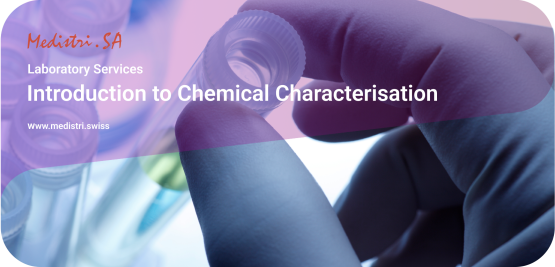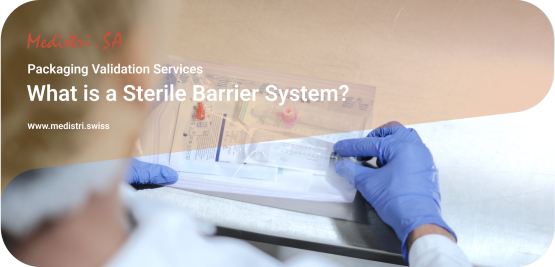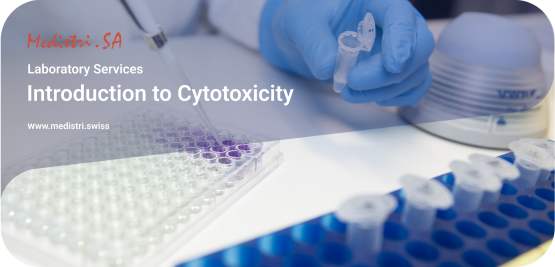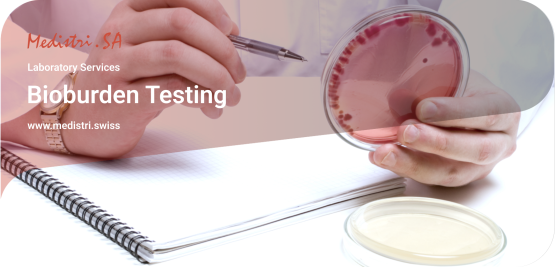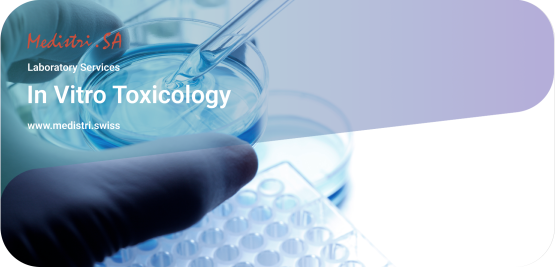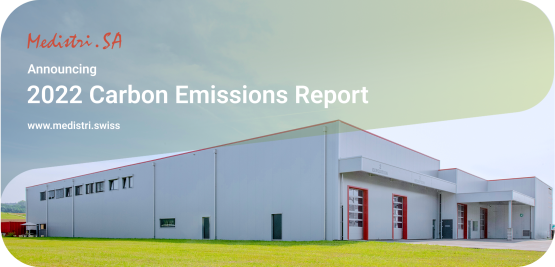Environmental Conditioning
Environmental Conditioning simulates particular field conditions that a package will encounter as part of the supply chain. ASTM D4332 is a standard practice for conditioning containers, packages, or packaging components for testing. Specifically, ASTM D4332 is designed for the package to experience simulated environmental conditioning before it is subjected to other testing. So, for example, the ASTM D4332 would be administered as a precursor to the ASTM D4169 test.
Introduction to Packaging Validation
Packaging Validation stems from the need to ensure the quality of products across the many steps in your distribution cycle: from shipping to storage. It is indeed an increasingly common requirement for many product categories, including a strong emphasis on the packaging quality requirements for medical and pharmaceutical industries.
Complement Activation
The complement system is part of the innate immune system and plays an important role in host defense, inflammation, tissue regeneration and other physiological processes. Complement activation leads to the opsonization of pathogens and their elimination by phagocytes.
Introduction to Chemical Characterisation
The chemical characterization of materials is an essential aspect of the regulatory review and approval of medical devices in the European Union (EU) and most major markets worldwide. Chemical characterization is also an essential aspect of the overall biocompatibility assessment process, which helps to ensure that the potential benefits of using a given medical device are not outweighed by the potential biological risks associated with that device or its components or materials.
What is a Sterile Barrier System?
A Sterile Barrier System (known as SBS) is often present (and mandated by regulation) in the medical packaging industry. It refers to minimum packaging that prevents contamination and helps to sterilize the finished product. The system must guarantee sterility throughout the whole supply chain from production through to the operation room. ISO 11607-1 specifies the requirements related to the compliance of the packaging for sterilised medical devices, including materials, sterile barrier systems and packaging systems.
Introduction to Cytotoxicity
Measuring the potential adverse effects of substances on living organisms is important to multiple industries. A property of the substance that needs to be known is its cytotoxic effect - whilst toxicity is a more general term for how harmful a substance is to living organisms, Cytotoxicity is a term that describes how toxic a substance is to cells.
Medistri SA's Earthwork & Construction Begins
In order to keep up with the growth expectations of our customers, we are pleased to inform that Medistri’s expansion will begin mid-March.
Bioburden Testing
Bioburden testing is a fundamental microbiological analysis used to assess the level of microorganisms present on a medical device or other sterile product before it is sterilized. It involves collecting a sample from the product and then growing and counting any microorganisms present in the sample.
In Vitro Toxicology
In vitro toxicology is the study of the potential toxicity of chemicals, pharmaceuticals, and other substances by testing them on cells or tissues. In the early stages of development, this type of study is necessary for the medical device and pharmaceutical industry, as it allows for the identification of potential hazards and side effects.
2022 Carbon Emissions Report
At Medistri, we’re focused on offering great services and infrastructure for healthcare companies with the task of bettering our planet. We take responsibility for our services throughout their entire cycles—from sourcing materials, managing processes to forwarding the products to our customers. We focus on the areas where we can make the biggest difference for our planet: reducing our impact on climate change, conserving important resources and using safer materials. Millions of products pass through our Sterilisation infrastructure every year. Making adjustments to reduce our carbon impact can have a meaningful impact.

